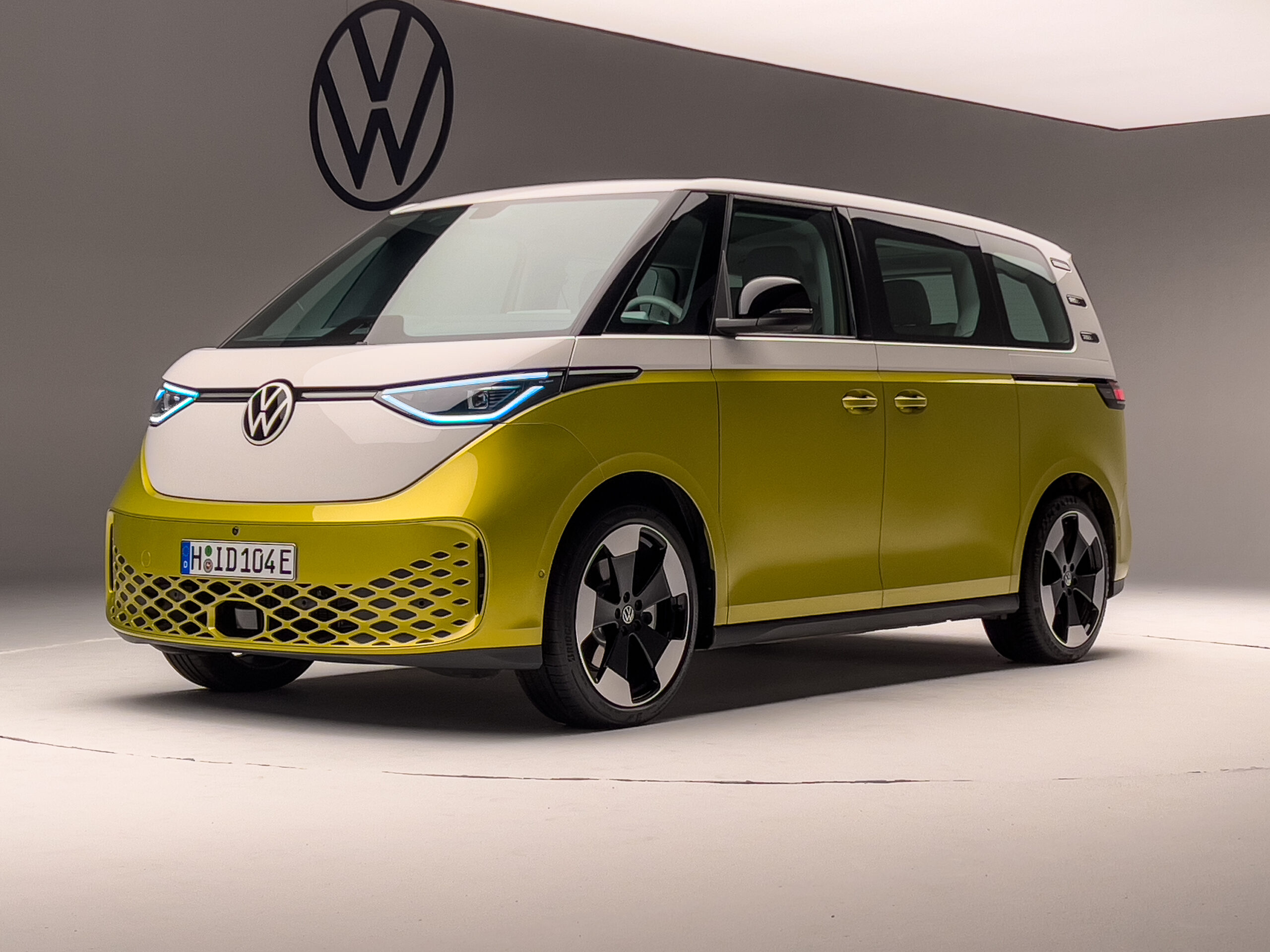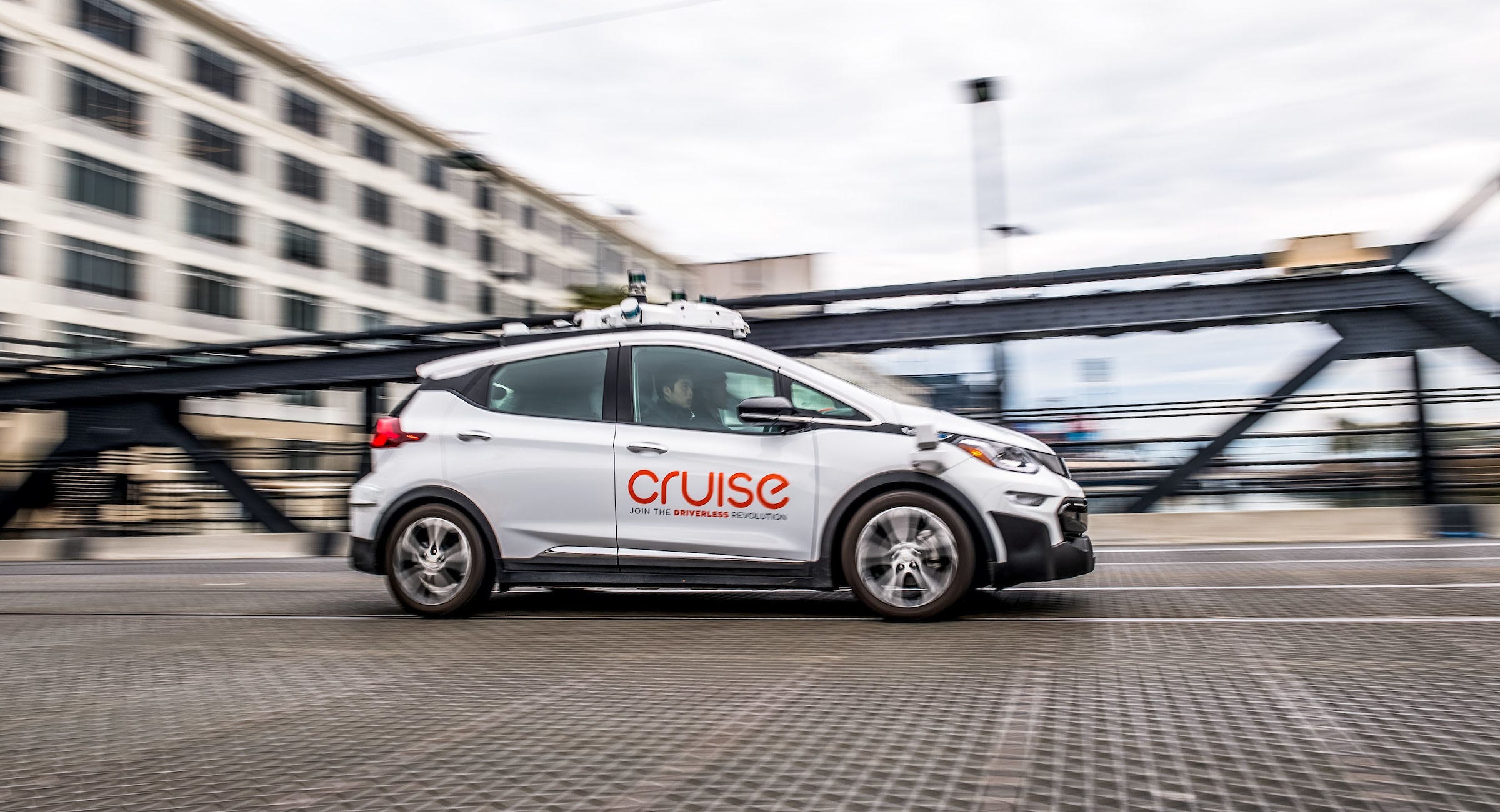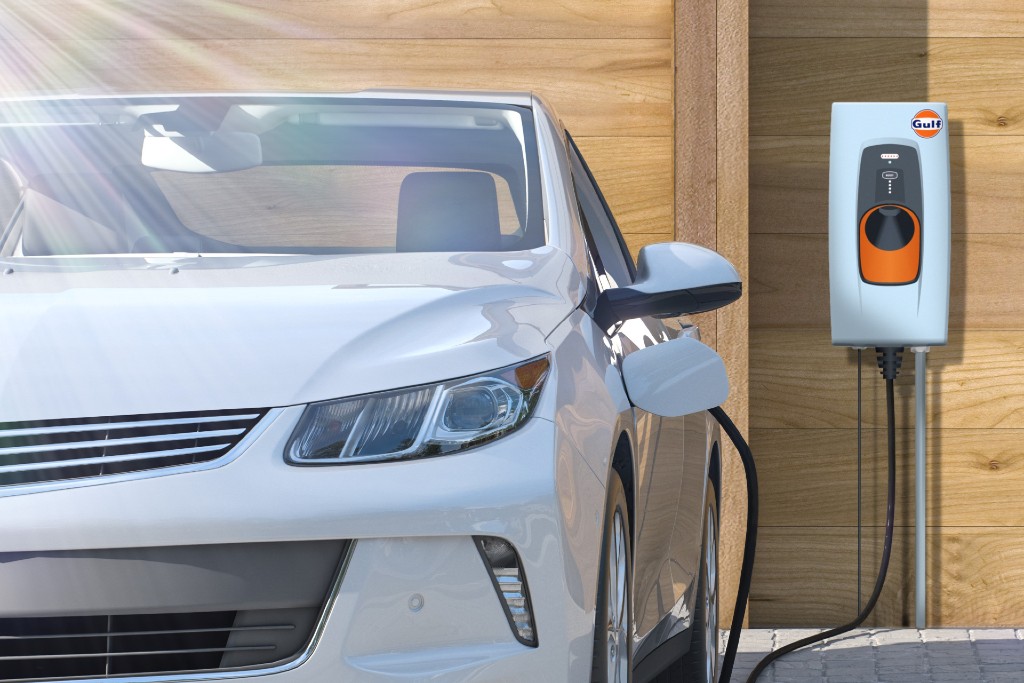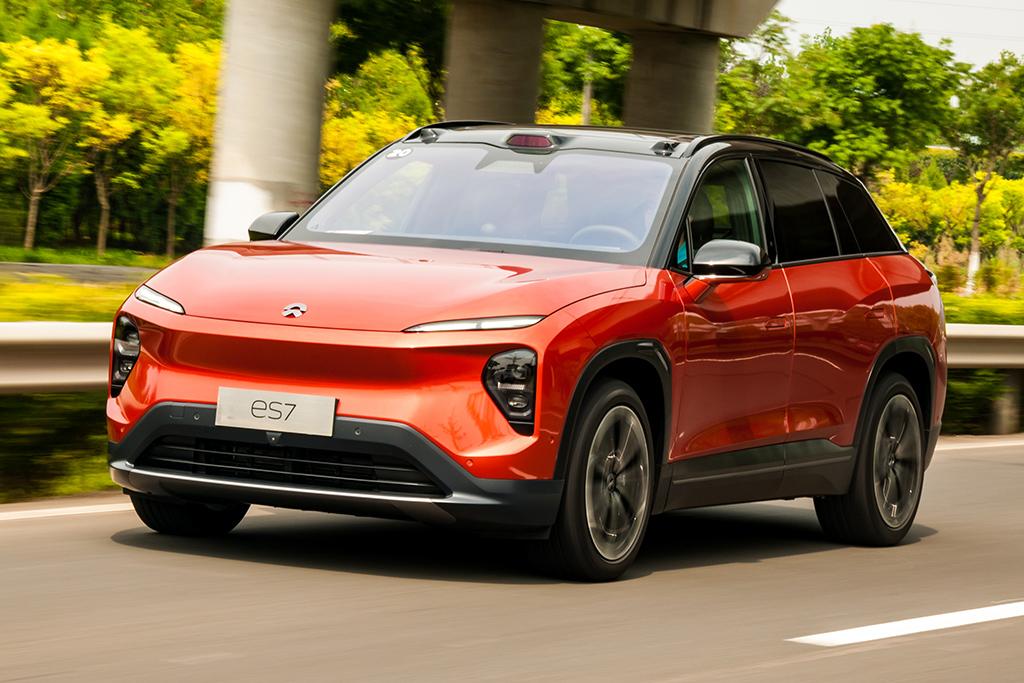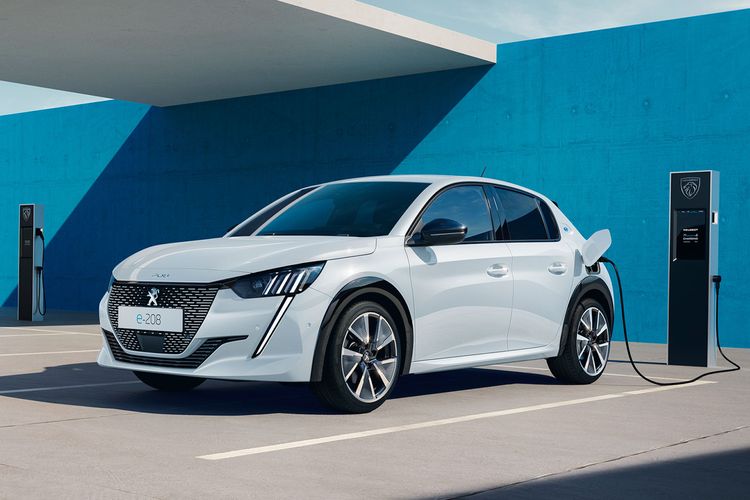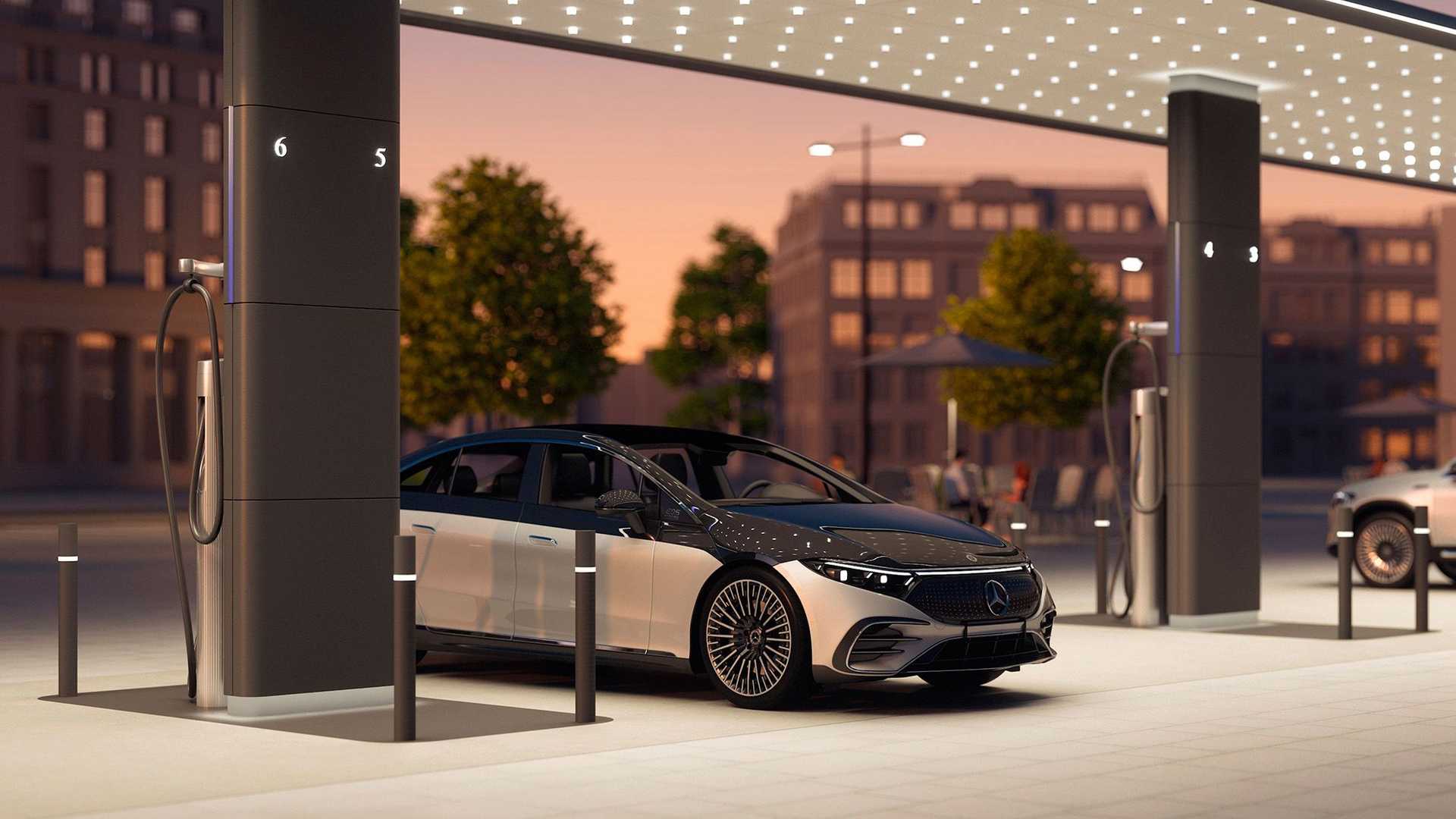Volkswagen has announced plans to invest a staggering 180 billion euros ($192.76 billion) over the next five years, with a focus on battery production and its North American operations. The automaker also disclosed that spending on combustion engines will decrease starting in 2025.
In a bid to achieve the ambitious goal of 50% electric vehicle (EV) sales worldwide by 2030, over two-thirds of the investment budget for the next five years is allocated towards electrification and digitalization, a significant increase from the previous year’s plan which stood at 56%.
Volkswagen aims to provide an update later today on how it will enhance operations at Cariad, its software unit, which was established under the leadership of former CEO Herbert Diess. However, the unit has fallen behind on its goals and gone over budget, leading to an operating loss of 2.1 billion euros in 2022, according to the carmaker’s annual report released today.
The automaker’s investment in combustion engine technology will reach its peak in 2025 before tapering off, a move that distinguishes Volkswagen from its competitors, who have less ambitious electrification targets.
These investment decisions align with a 10-point plan developed by Chief Executive Oliver Blume after he assumed leadership of the company in September.
See also: BMW plans to invest $1.7 billion on two facilities in US to produce electric vehicles
Volkswagen is also expected to share the results of a “virtual equity story” exercise later today, which involved all of its brands, ranging from Audi to Bentley, preparing for a listing as a training exercise to make the automaker more attractive to capital markets. Battery unit PowerCo is the most probable stock market candidate, with talks already underway with investors for partial listing.
Earlier this month, Volkswagen issued an upbeat outlook for the year, predicting a 10% to 15% increase in revenue and 14% higher deliveries, despite supply chain hurdles. The automaker’s earnings margin in 2022 was at the upper end of its 8.1% projection, with sales and earnings surpassing 2021 levels despite supply chain turbulence driving its net cash flow far below target.

